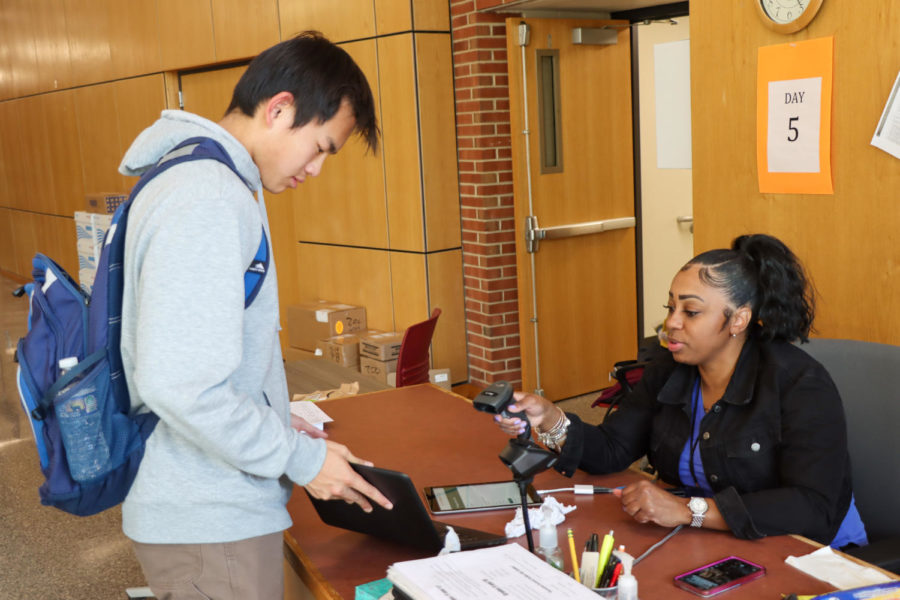By Aashita Singh, Staff Reporter
Last year, the consequence for cutting class was a 10% grade reduction and two Evening Supervised Studies, a two-hour detention after school. This year, the consequence is two weeks without free periods.
Conestoga’s administrative team revised the Code of Conduct for the 2022-2023 school year and set new expectations for student behavior, from dress code to disciplinary infractions.
Assistant principal Dr. Patrick Boyle explained that the administration made these changes because of comments they heard about class cuts and free periods from several teachers and students last year.
“The input that students provide to us carries a lot of weight with us as administrators because it’s a collaborative model,” Boyle said. “We take input from everyone, including students, and several of them felt that the changes we made this year were needed.”
The new Code of Conduct states, “Students are required to dress in such a way that their stomach, midriff and buttocks are covered and not exposed.” Assistant principal Jamie Bankert affirms that the intentions for the dress code’s revisions were to return the school to its pre-pandemic norms.
“There was a certain level of flexibility (due to the COVID-19 pandemic), so there were some atypical exceptions (with the dress code),” Bankert said. “The changes to the dress code are not entirely new; we are just returning to what the building was like in the fall of 2019.”
Sophomore Mariel Hadjiliadas disapproves of the dress code because she feels that it limits her ability to express herself.
“I feel like (the changes with the dress code) were unnecessary,” Hadjiliadis said. “Students are being limited in their expression because the administration is limiting what we can wear. They are targeting students who dress femininely when that’s just part of their style. It’s terrible.”
Additionally, the administrative team made adjustments to how students can enjoy their free periods. To ensure that every student is accounted for throughout the day, when students are not assigned to a class, they must go to the atrium, library or cafeteria.
At each of these rooms, students must sign in so the administration has a log of where everyone is at any given time. In the cafeteria and library, students sign in with a Microsoft Form on iPads located at the entrance of the room; in the atrium, a staff member stands at the entrance and scans students’ IDs as they enter.
Merri Gardner, a U.S. Government and AP U.S. History teacher, believes that the new sign-in procedures for free periods are important for student safety. Acknowledging that some students may not like the new policy, she reasons that the benefits outweigh the potential drawbacks.
“What kids don’t understand is our number one job is not to teach you history or chemistry; it is to keep you safe. If we don’t know where you are, we cannot do that,” Gardner said.
Despite some students’ negative opinions on the new school policies, Boyle feels that the changes to the Code of Conduct were reasonable because, at the end of the day, students are responsible for their own actions.
“Our kids have more responsibility. For example, what schools let them go out for lunch? What schools offer free periods instead of study halls? What schools allow students to have the ability to earn a privilege other than here?” Boyle said. “Our students are responsible young men, women and people who can handle the responsibility that comes with the privileges.”
Aashita Singh can be reached at [email protected].






















































































